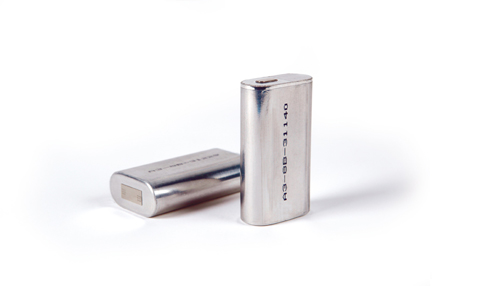
Recently, I stumbled across a stat that surprised me. Sprint ranked #6 on Newsweek’s 2010 list of the 500 greenest “big companies” in America. (Click here for the methodology.) Considering the extent to which I’ve written about e-media as a coal-fired-power-guzzling, mountaintop-removing marketing channel, this stat intrigued me.
This score is derived from three component scores: the Environmental Impact Score, the Green Policies Score, and the Reputation Survey Score. To find out how and why Sprint’s ECOmmitment policies earned it a high ranking, click here.
Among those that caught my eye:
- Sprint is the first and only U.S. telecommunications provider to publicly commit to significantly increase its phone-recycling efforts. It is pledging to collect an amount equal to 90% of what it sells per year by 2017.
- Sprint leads the U.S. telecommunications industry in terms of actual renewable energy in use and has committed to securing 10% of its total energy needs from renewable sources by 2017.
- Spring is reducing its carbon footprint by eliminating the use of Styrofoam cups, lighting signage on campus with solar panels, printing bills on thinner paper (allowing less paper to be wasted), using natural lighting when possible, and replacing traditional incandescent lighting with LED lights, which are 70% more efficient.
- Spring has committed the company to recycling 50% of its operational waste from commercial facilities by 2017. It is working to ensure that 90% of its suppliers comply with its environmental standards by 2017 as well.
But as usual, there’s something that bugs me. In its list of eco-policies, Sprint lists its transition to e-billing, which is not environmentally friendly. Sprint itself may be increasing its use of renewable energy, but the power companies supporting the hundreds of thousands of people using its products are not. Electricity production is a planet-damaging activity, and while it is sometimes a necessary part of supporting our modern lifestyles, saying that it’s environmentally friendly is disingenuous at best.
I really wish companies promoting themselves as green would stop using e-billing as a selling point. Hear this loud and clear, guys — e-billing s not green! Paper produced from sustainably managed forests and manufactured by paper companies producing up to 67% of their energy through renewable sources is far greener than electricity-hogging, data-center-driven e-processes. Those processes are sometimes necessary, but they are not green!
When are companies going to get it? Probably not until consumers get it — and start holding them accountable so they can no longer get away with saying it.










Interesting editorial, is there any bias on the part of the author? Ms Tolliver-Walker’s bio read ‘Heidi Tolliver-Walker – Heidi is an industry analyst specializing in digital, one-to-one, personalized URL, and Web-to-print applications’. Does she have a vested interest in driving companies away from eBilling? Where are the facts and statistics supporting her statements? How much more energy and what is the carbon footprint of sending an electronic message versus storing, printing, processing, and delivering a paper message?
I don’t have any bias. I am an analyst for the printing and publishing industry, but the industry has growing involvement in e-media, as well as paper. I’m also an analyst, not a vendor, so I have no particular ties or vested interest in promoting one medium over another. If you’d like to see data and a deeper analysis on this topic, just click on my name and go to my archive. I’ve been covering this topic for years on IE, so there is a wealth of coverage there. Thanks for replying — all valid questions, and if I couldn’t answer them, I’d be remiss.